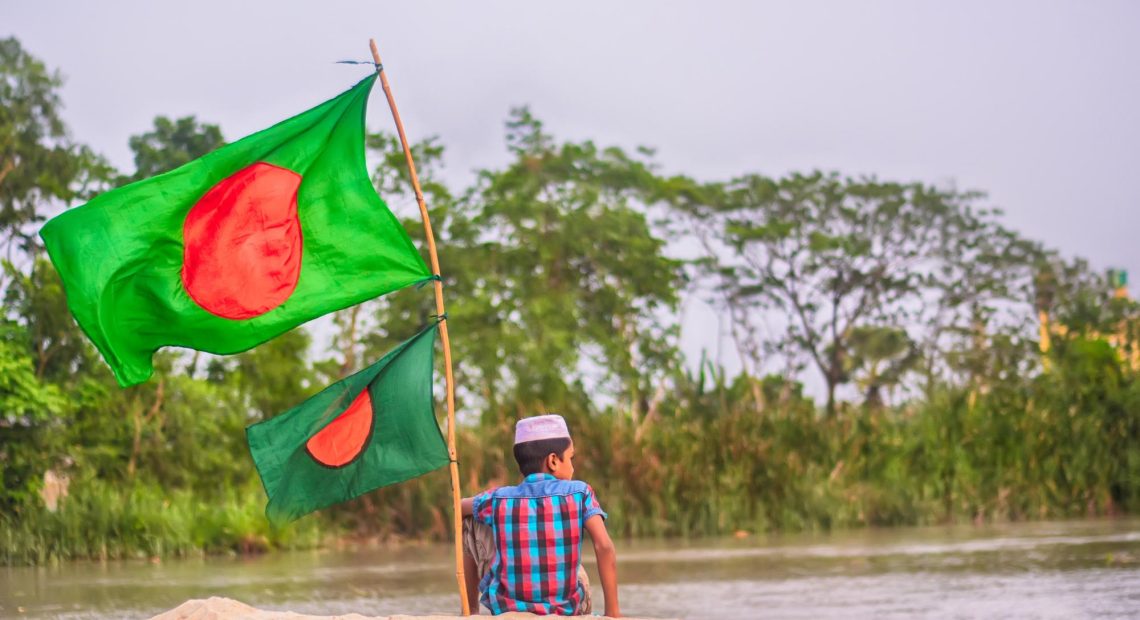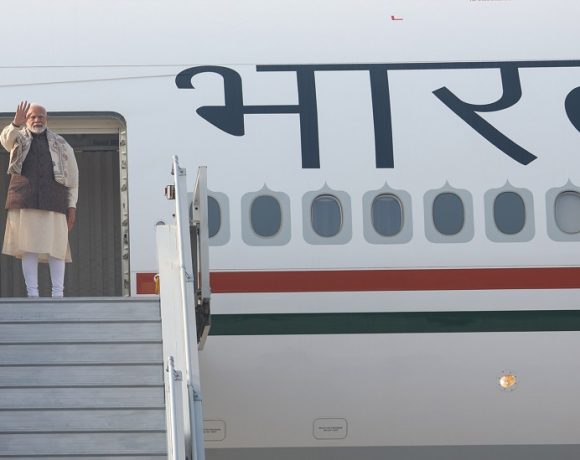
India Condemns Attack on Tagore’s Home in Bangladesh
India has strongly condemned the vandalism of Rabindranath Tagore’s ancestral home in Sirajganj, Bangladesh, describing the act as “despicable” and an assault on the legacy of tolerance and cultural inclusiveness that the Nobel laureate represented. The Ministry of External Affairs (MEA) termed the attack a “disgrace” and expressed serious concern over what it described as deliberate efforts to erase shared heritage.
Tagore Home Attack
The vandalised site, Rabindra Kachharibari, holds immense cultural and historical value. Built in 1840, the house was not only Tagore’s family property but also a creative retreat where he penned some of his early works. The attack on this structure has raised alarms in both India and Bangladesh, particularly given its symbolism as a bridge between the two nations’ literary and cultural histories.
MEA Condemnation
MEA spokesperson Randhir Jaiswal stated that India views this as “a deliberate attempt by extremist elements to target the inclusive and syncretic ethos that Tagore embodied.” He urged Bangladesh to ensure swift and strict action against the perpetrators and emphasized that such acts must not be tolerated if regional goodwill and shared values are to be preserved.
India called for accountability and protective measures for cultural landmarks, adding that this incident reflects growing intolerance in parts of the region and attempts to undermine the legacies of icons like Tagore.
Bangladesh Responds
Bangladesh’s interim government confirmed the arrest of two individuals in connection with the attack and expressed regret over the incident. Officials reiterated that Tagore is held in the highest regard in Bangladesh and that justice would be delivered. A three-member probe committee has also been formed to investigate the circumstances of the vandalism.
Political and Cultural Backlash
West Bengal Chief Minister Mamata Banerjee condemned the attack and urged Prime Minister Narendra Modi to diplomatically engage with Dhaka to ensure justice. In a letter, she highlighted that such acts undermine the historical and cultural bonds between the two nations. Opposition leaders across party lines echoed similar sentiments, framing the attack as a blow to Bengali pride and heritage.
Cultural Heritage at Risk
The vandalism has reignited concerns about the safety of shared cultural symbols amid rising extremism. Analysts warn that such incidents, if not addressed with seriousness, could damage the delicate cultural ties between India and Bangladesh. Heritage experts have also called for UNESCO or SAARC-level interventions to safeguard historical sites of mutual importance.
India has stressed that preserving Tagore’s legacy is not merely a bilateral concern but a matter of regional identity, urging Bangladesh to demonstrate its commitment through transparent legal action and robust preservation measures.


















